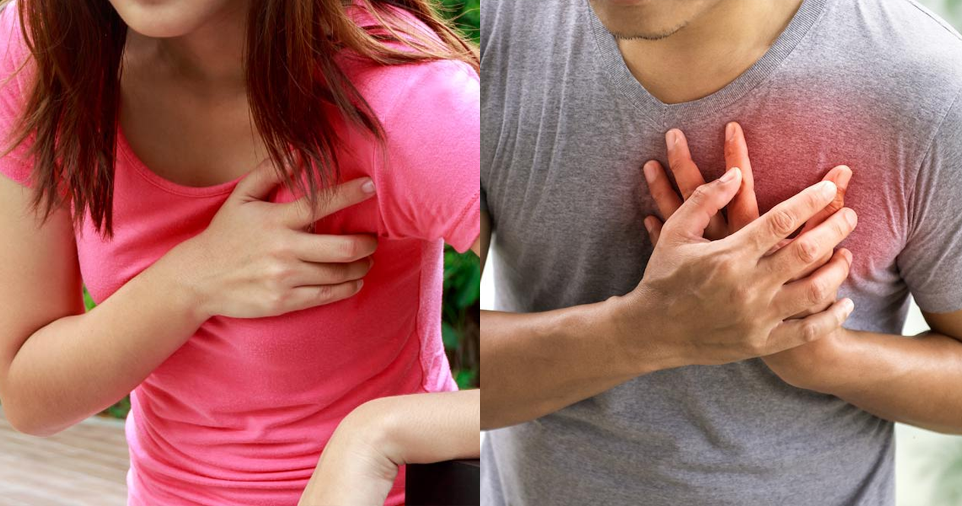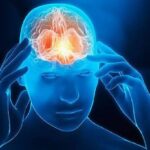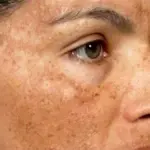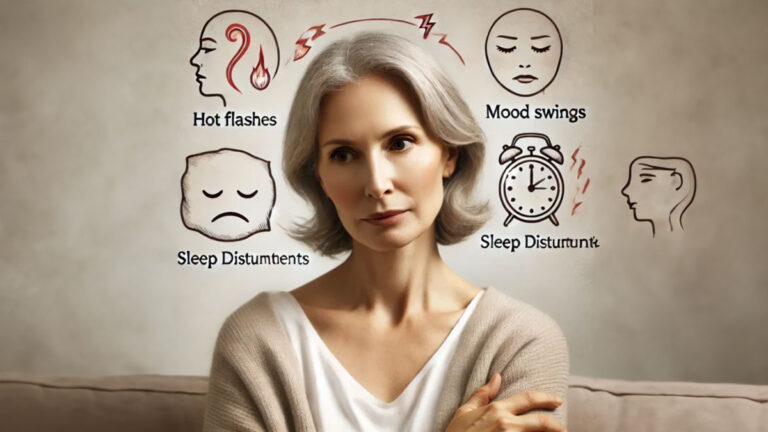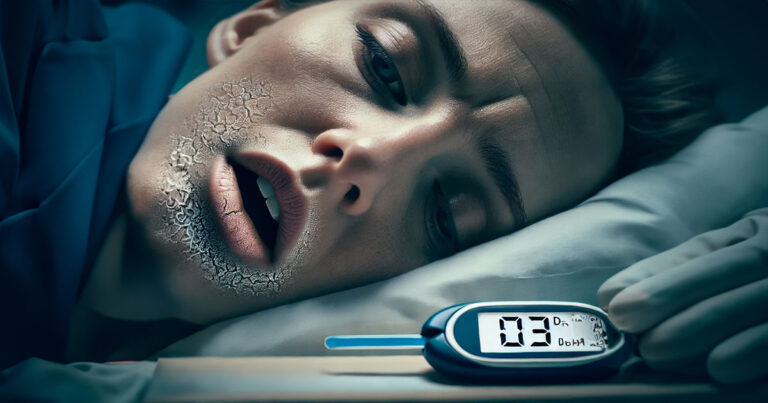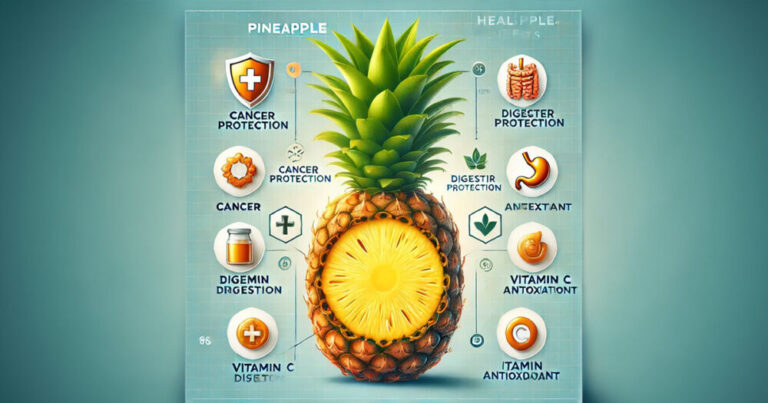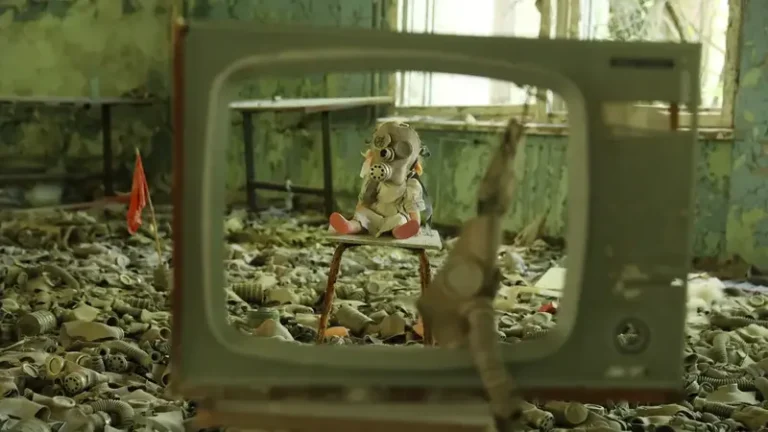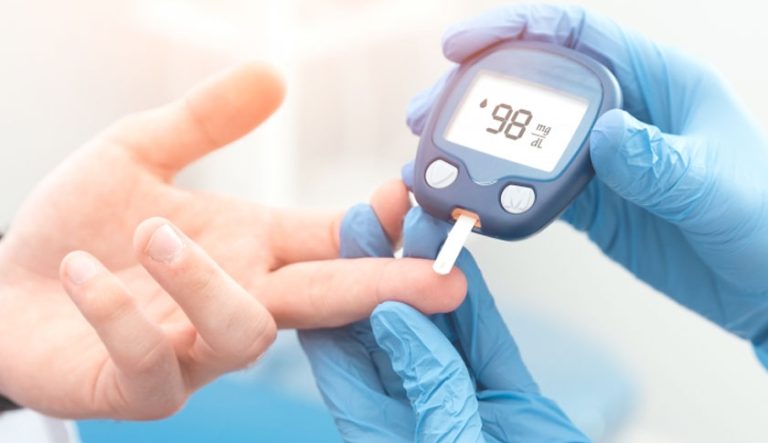Modern day lifestyle has become synonymous with stress, restlessness, and a hectic schedule for many people. Heart attack are increasing in young adults in the age of 40s, 30s, and 20s. Some people consume alcohol and cigarettes to deal with day-to-day stress. Lack of sleep increases the risk.
Doctors say that smoking affects the health of the heart and the need for bypass surgery is increasing among the youth. Stress, high blood pressure, diabetes, obesity, smoking, and alcohol consumption were found to be major contributing factors to heart disease. Some people may experience shortness of breath at night due to various reasons.
Pulmonary embolism, which is a blood clot in the lungs, maybe a cause. Another factor is sleep apnea, where the muscles that support the soft tissues in the throat relax, causing the airways to narrow or close. Due to which breathing stops.
People suffering from obesity, especially those with thick necks, are at increased risk of sleep apnea which is a major cause of heart attack during sleep. Snoring, sudden shortness of breath at night, and high blood pressure are the primary symptoms one should be cautious of.
Notice the changes Clogged arteries trigger a heart attack. Most people with high blood pressure and diabetes do not experience any symptoms in the beginning. But if left unchecked, diseases pose a serious threat.
The cardiothoracic surgeon warned that symptoms like shortness of breath, chest pain, excessive sweating, and fainting indicate something serious. Consulting a doctor and making lifestyle changes can go a long way in preventing heart attack.
First aid with CPR There is an alarming increase in heart attack in the young population. No underlying cause was found in 40 percent of the cases. Cardiopulmonary resuscitation (CPR) is a life saving technique for emergencies.
In this, chest compressions are done to maintain blood flow to the brain and other organs, until medical intervention restores the heart’s rhythm.

